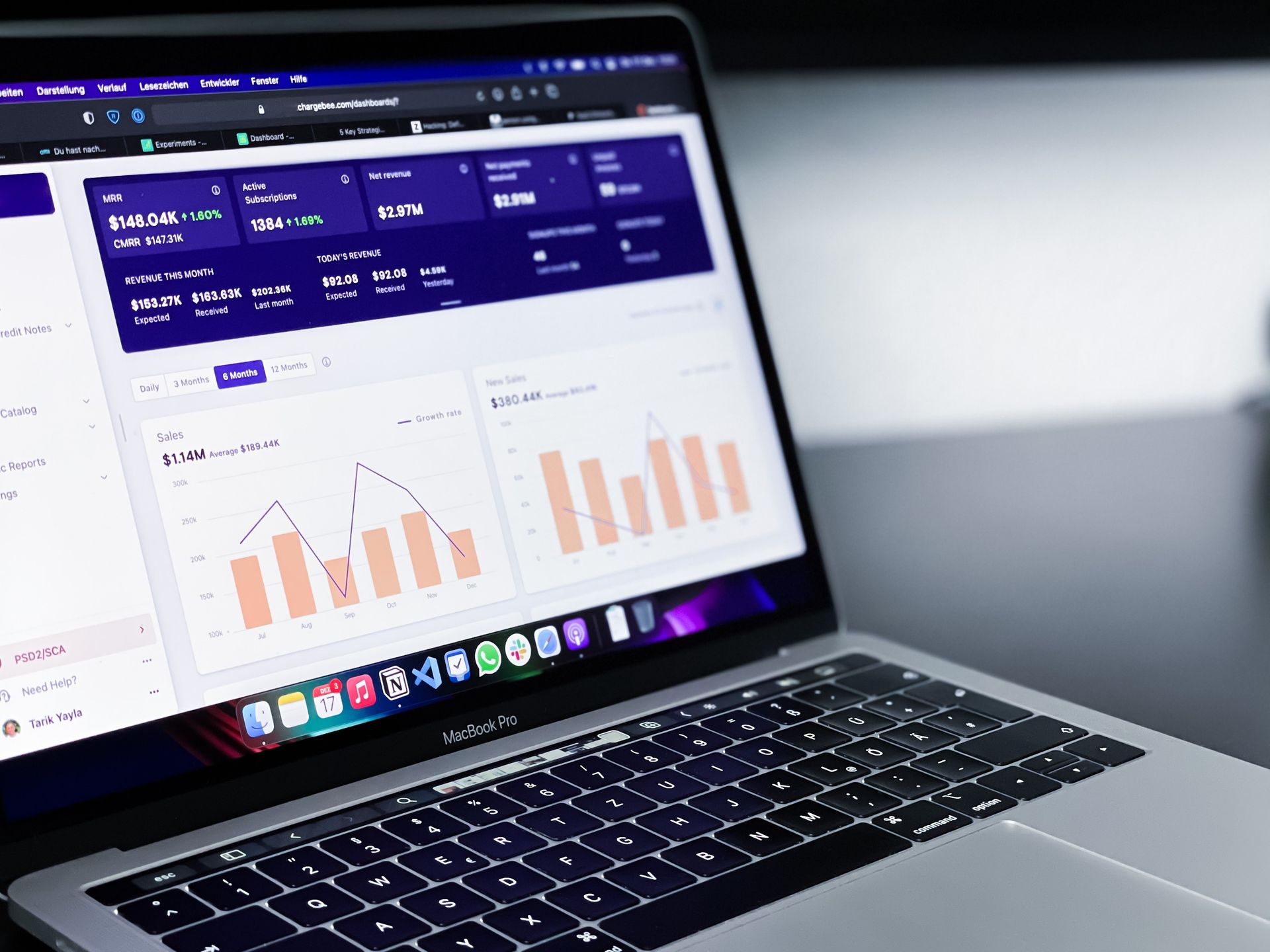Data Optimization: Maximizing ROI for Small Businesses
How can you use data to ensure maximum returns for your business?
Now, more than ever before, small businesses have an incredible opportunity to leverage their data for maximum return on investment and operational efficiency. By optimizing their data structure, small businesses can unlock valuable insights, streamline processes, enhance customer campaigns, and improve customer retention. In this guide, we explore why data optimization matters to small businesses like yours, focusing on data integration, data visualization, and the significant payoff that comes with it.
Why Data Optimization Matters to Small Businesses
Unlocking the Power of Data Integrations
When your team is on the same page, their work is more productive and easier to align to your business goals. For small businesses, integrating your team’s data to provide team-wide synergy is key to your continued growth.
Data integration involves consolidating and combining data from various sources, such as your accounting/finance systems, your CRM, and core operational systems. By integrating data, small businesses can gain a comprehensive view of their operations, customer behavior, and market trends. It allows for better analysis, improved decision-making, and a much greater
ability to identify opportunities for growth and efficiency.
Harnessing the Benefits of Data Visualization
One of the biggest, yet misunderstood, tools at the disposal of a small business is data visualization. Data visualization refers to the graphical representation of data to facilitate understanding, analysis, and communication.
Small businesses can use visualizations to present complex data sets in a clear and intuitive manner, making it easier for stakeholders to digest, understand, and act upon the information. Data visualizations help identify trends, patterns, and outliers, enabling businesses to make data-driven decisions quickly and effectively.
The Payoff: Boosting Campaigns, Retention, and Efficiency
Optimizing data structure leads to several tangible benefits for small businesses. Businesses can run enhanced customer campaigns leveraging customer data to personalize marketing campaigns, which will improve targeting and engagement.
Data optimization allows for effective segmentation, tailored messages to specific customer segments, and the delivery of highly relevant content. This targeted approach enhances customer experiences, drives conversions, and increases ROI on marketing efforts.
Improved customer retention can be another key benefit. Data optimization helps identify factors influencing customer churn and retention to allow you to mitigate those factors for existing customers.
By analyzing customer behavior, preferences, and feedback, small businesses can proactively address issues, personalize offerings, and enhance customer satisfaction. Improved retention rate can reduce acquisition costs and foster long-term customer loyalty, leading to increased profitability.
Finally, let’s discuss efficiency. Data solutions enable small businesses to streamline their operations by identifying bottlenecks, inefficiencies, and areas for improvement. Real-time data tracking and analysis help identify operational challenges promptly, allowing businesses to make data-driven decisions and optimize resource allocation.
Streamlining operations improves productivity, reduces costs, and increases overall efficiency, positively impacting the bottom line.
Steps to Optimize Data Structure for Small Businesses
So how do you actually put this into practice? Your team rarely has free time and sitting down for the weekly huddle is hard enough as it is. You may not know where or how to start. Let’s talk through some of our recommendations should you decide to tackle this priority yourself.
Define Clear Objectives
Identify the specific goals and outcomes you want to achieve through data optimization. Align your data strategy with your business objectives, ensuring that data collection, integration, and analysis efforts are focused on supporting these goals. Clear objectives keep your team headed in the right direction and provide accountability along the way.
Ensure Data Quality and Consistency
Implement data governance practices to ensure the accuracy, completeness, and consistency of your data. This typically includes documentation of data relationships and calculations. Regularly clean and validate data to eliminate duplicates, errors, and outdated information.
Assess and Consolidate Data Sources
Identify all relevant data sources within your organization, including internal systems, external databases, and third-party platforms. Consolidate and integrate data from these sources into a centralized repository, or data lake, to create a single source of truth.
Implement Data Security Measures
Protect sensitive data through secure storage, access controls, and encryption techniques. Comply with data protection regulations to safeguard customer privacy and maintain trust.
Choose the Right Tools and Technologies
Select data management and analytics tools that align with your business requirements and budget. Consider cloud-based solutions that offer scalability, flexibility, and cost-effectiveness.
Establish Data Visualization and Reporting Capabilities
Invest in data visualization tools and create dashboards that provide real-time insights. Develop standardized reports and metrics to track key performance indicators (KPIs) and monitor progress towards your objectives.
Continuously Monitor, Analyze, and Adapt
Regularly review and analyze data to identify trends, patterns, and opportunities. Stay agile and adapt your data strategy based on new insights and changing business needs.
Your Trusted Partner
At Brewster Consulting Group, we specialize in helping small businesses build and optimize their processes for enhanced efficiency and profitability.
Our team of
Lean Six Sigma Black Belts brings a wealth of experience in identifying process bottlenecks, eliminating waste, and streamlining operations. We work closely with small businesses to assess their current processes, identify areas for improvement, and develop tailored solutions.
Through our proven methodologies, we help businesses implement data-driven decision-making frameworks, establish data governance practices, and optimize their data structures. We leverage industry-leading tools and technologies to ensure efficient data integration, accurate analysis, and insightful reporting.
Moreover, our expertise extends beyond data optimization. We assist businesses in implementing workflow automation tools to automate manual tasks, improve productivity, and reduce errors. Additionally, we provide guidance on selecting and implementing appropriate CRM systems and business intelligence tools to enhance customer relationships and enable data-driven decision-making.
Contact us today and let’s sit down to find the solution that will help your business grow without the pitfalls of buzzwords and technologies that fail to deliver true value.











